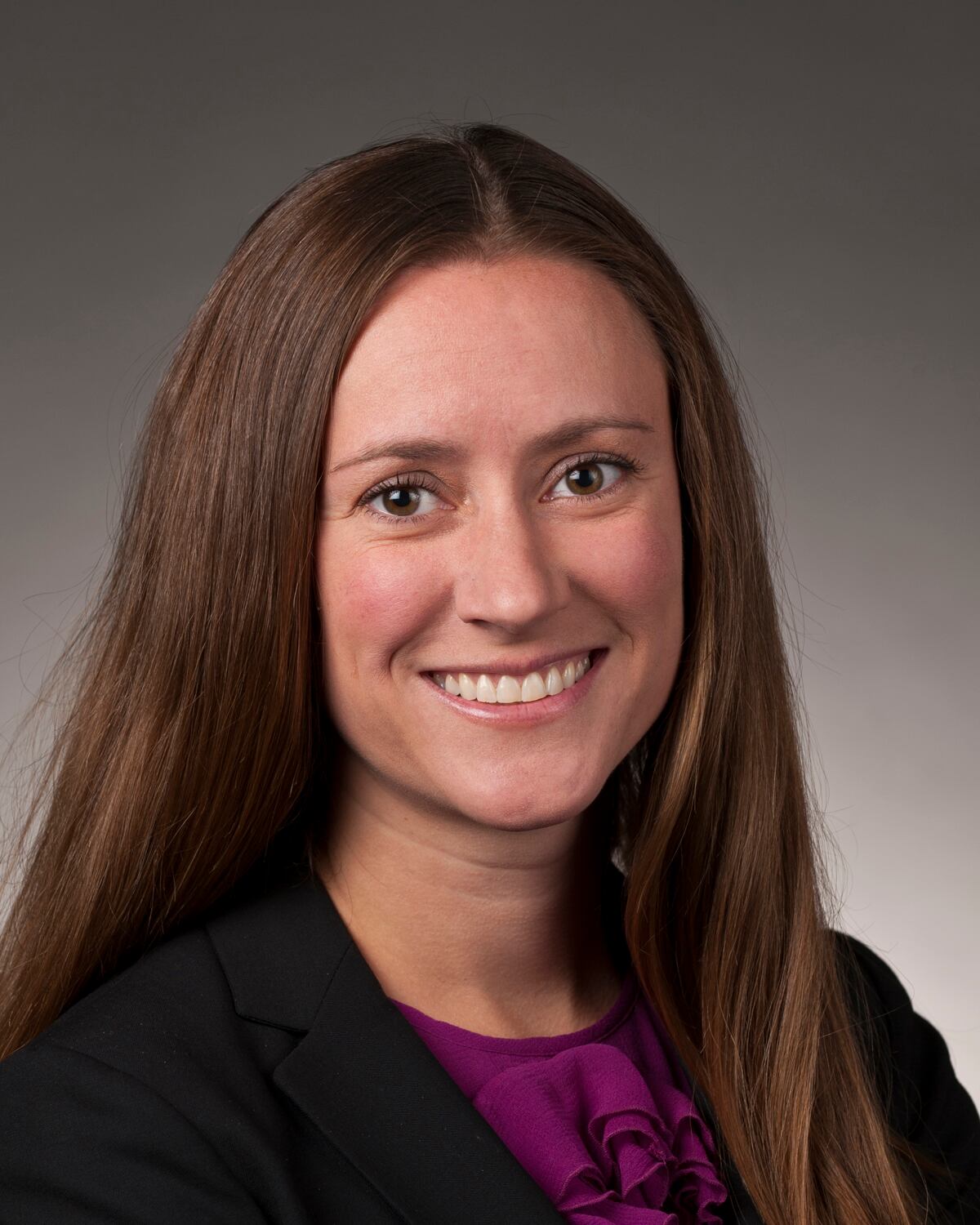The ‘Cosmetics and Personal Care Program’ will offer a range of regulating services with the aim of securing a product’s development from research to sale, with a third-party Good Manufacturing Practices (GMP) audit as its key feature.
The launch taps into the general trend of companies responding to growing consumer demand for verifying products’ efficacy and safety; indeed the NSF states their recent independent study showed 44% of consumers ‘prefer products that are independently tested and certified’.
Why now?

CosmeticsDesign.com USA spoke to the program’s manager, Casey Coy, who explained the rising industry pressure for clear regulatory compliance which motivates the program’s launch.
She explained that the program responds to regulatory demands, and “addresses the needs raised by new and emerging legislation, retailer-prohibited chemical lists and manufacturing-related quality issues.”
“There has also been an increasing demand for credible testing services for cosmetics and personal care products,” she noted.
Increasing regulatory requirements go hand-in-hand with rising consumer enthusiasm for products able to attest to their efficacy and safety.
The program seeks “to help improve transparency, as well as the safety, quality and regulatory compliance of cosmetic and personal care manufacturing facilities, ingredients and products,” the beauty expert said.
The program
The program has a global focus, and assists companies in meeting international market requirements via a range of services: GMP auditing, bundled audits for personal care, and product testing and certification.
It responds to consumer interest in organic claims, certifying cosmetics to either the USDA National Organic Program (NOP) or the American National Standard for personal care products containing organic ingredients (NSF/ANSI 305).
An out-sourcing of regulatory compliance verification to independent accreditors like the NSF may be the future for brands looking to court consumer trust.
For example, product label claims including “free from” substances like Bisphenol A (BPA), PABA (p-Aminobenzoic acid), sulfates, and parabens can be independently verified as part of the program.
